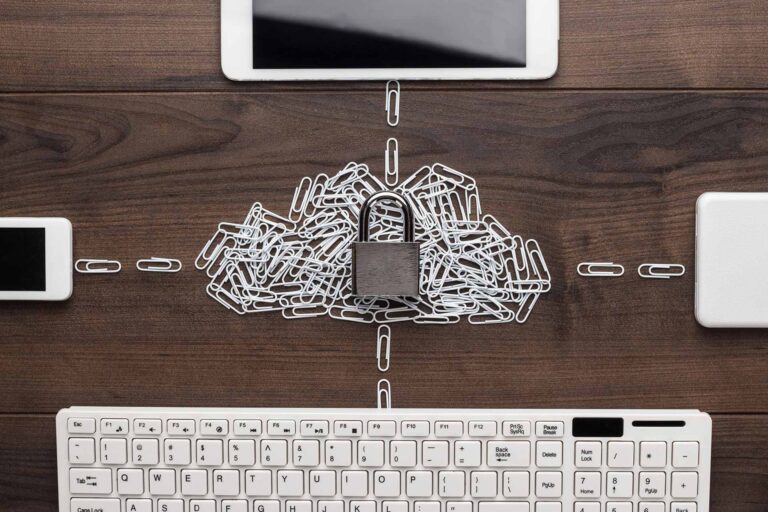Remote work has been on the rise for many years. The idea is that, with flexible IT, comes the flexibility for employees to work outside of the office. Whether that means working from home, or working abroad, remote work has become the vogue. However remote work is not without risks, specifically those of the security kind.
Social engineering
Most remote work is conducted using email. It’s a simple way to send off the work that needs to be done, and for remote workers to track their day. However, when you have lots of emails arriving in your inbox, you might stop reading them as carefully as you should. Compounding this problem, people will click links in these emails and let the attachments load before reading them. This is especially dangerous because today’s hackers are able to convincingly impersonate businesses and people. It’s not uncommon to see emails looking identical to those from banks and other institutions, with only a small tell-tale sign of a scammer. Email links can seem legitimate but lead to the unauthorised download of scam programs. So far in 2017, Australians have lost almost 150 thousand dollars from ransomware scams alone.
The best way to combat this is with education and reassurance. Teach staff not to rush through emails and reassure them that they won’t be punished for taking their time or, in the event of a mistake, taking immediate action to secure their device.
Poor password hygiene
An insecure password in this day and age is an invitation to hackers. This is even more serious when the password allows them to access your network and your networked drives. Employees who are working remotely will likely want easy to remember passwords, so they don’t write everything down. But an easy to guess password gives whoever can guess it access to your business.
Enforcing strict password hygiene, i.e. strong and unique passwords, is a good way to avoid this issue. If employees worry about forgetting the numerous passwords they need to work remotely, consider investing in a password manager like LastPass.
Theft and damage
Laptops are very convenient because they are easy to pick up and carry around. This makes it possible for an employee to come to work 3 days a week and take their laptop home to work remotely for the other two. However, if that laptop is stolen, then it becomes a security risk.
Similarly, if an employee is working on an important project from home and saves it locally, then it can lead to lost work if the laptop is damaged.
Both of these can be combated, to a degree, by insisting that laptops always be switched off when in transit, to make logging on harder for thieves and by requiring all data be saved to the cloud, in the event that the laptop or computer becomes damaged.
The best way to keep your network safe, and to enable remote work, is by constant network monitoring and strict enforcement of the policy standards at all levels of your organisation.
If you want to offer the flexibility of working remotely but also want to keep your organisation safe, Rule Technology can help with the best IT support in Perth. Contact us today on 1300 823 226 and get the benefit of our expertise.



